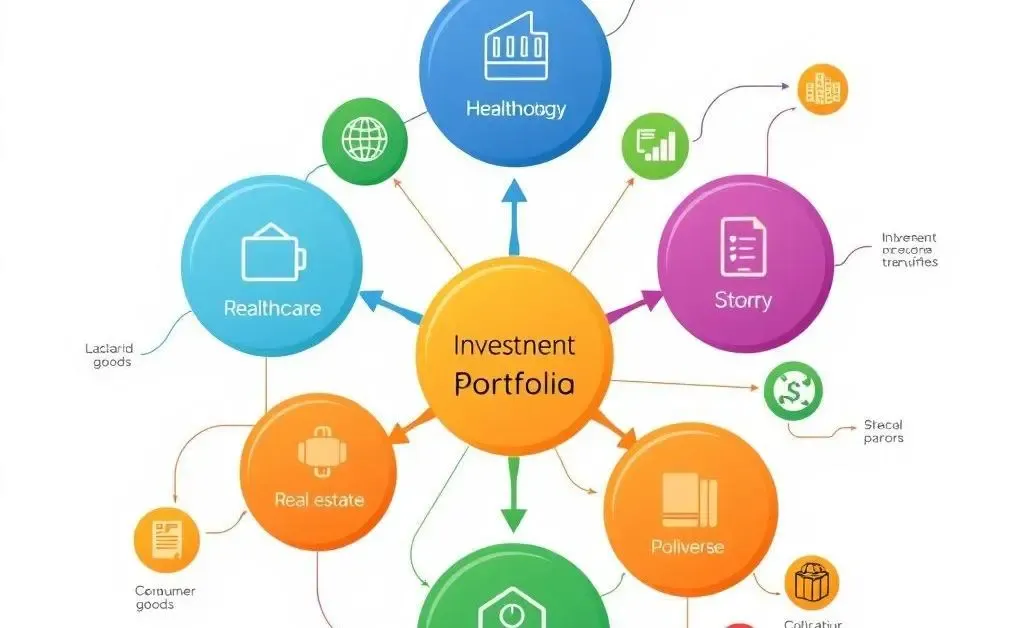Navigating the Stock Market with Intuition and Insight
Discover practical tips for intuitive investing in the stock market.

Have you ever felt a little lost in the world of stock market investing? You're not alone. Many investors, seasoned and new alike, feel this way at times, especially when trying to decipher the ever-changing market landscape. Let's dive into some practical tips that could make your investing journey more intuitive and less overwhelming.
Understanding Market Trends
One of the key aspects of intuitive investing is paying attention to market trends. However, it’s not just about looking at numbers but understanding the stories they tell. Imagine it as if the market were speaking to you—what is it trying to say today?

Listening Beyond the Noise
A friend of mine once decided to tune out the constant barrage of financial news for a week, relying only on a curated list of insightful articles and updates. To their surprise, this approach helped in making clearer decisions, proving that less can indeed be more.
Consider creating a personalized news feed to help filter out the noise and focus on what truly matters to your investment strategy.
Practical Tips for Intuitive Investing
- Keep a journal of your investments and track your thought process.
- Regularly review your financial goals and adjust accordingly.
- Trust your gut, but balance it with sound market research.
- Seek out advice from diverse sources to gain multiple perspectives.

Balancing Intuition and Research
Finding the sweet spot between intuition and research is an art. It involves a dynamic balance where neither overshadows the other. For example, while intuitive signals might push you to invest in tech stocks, comprehensive research helps you understand the underlying potential of these companies.

As you explore this balance, remember that it's about patience and continued learning. Stay curious and open-minded, and you'll likely find the process less daunting and more rewarding.
Your Takeaway
Intuitive investing doesn’t mean ignoring data; it’s about creating a harmony between numbers and narratives. By embedding intuition within a framework of informed insight, you can potentially make more aligned investment choices.
How do you navigate your investment decisions? Do you have tips or strategies that have worked well for you? I'd love to hear your thoughts!




